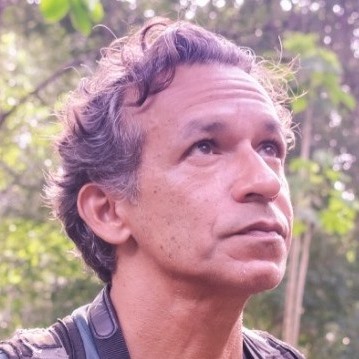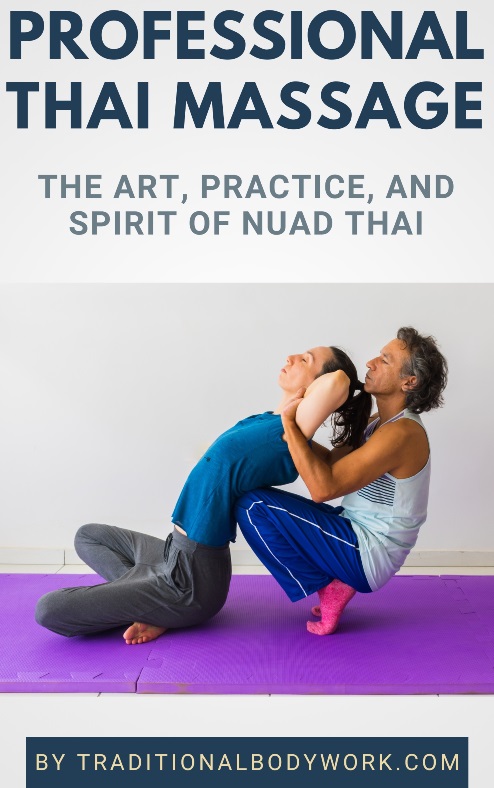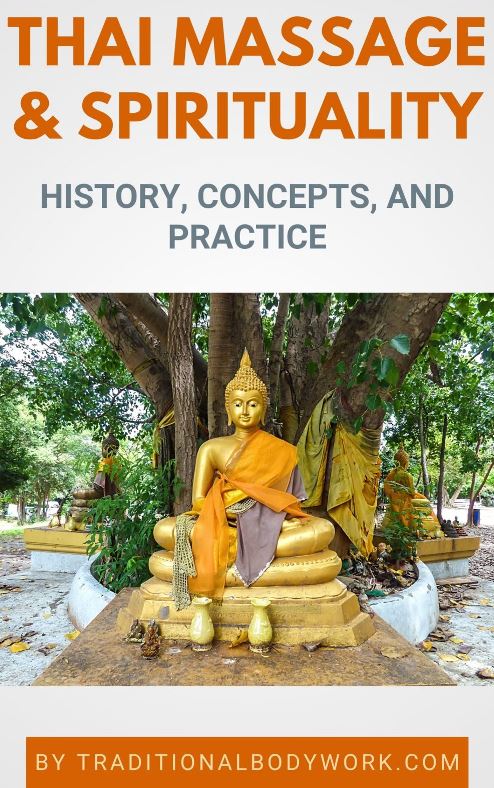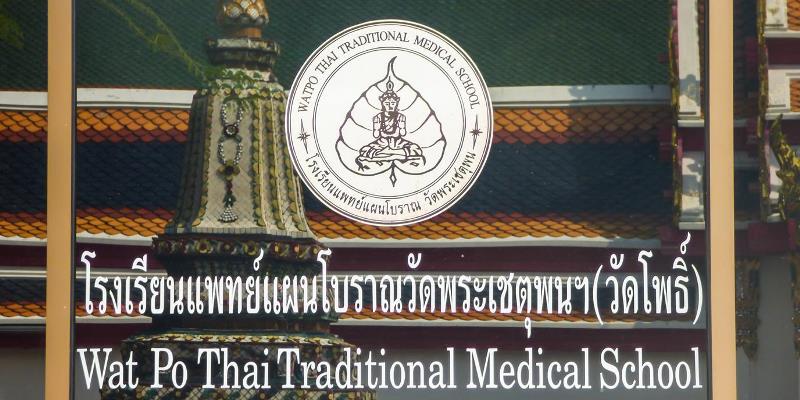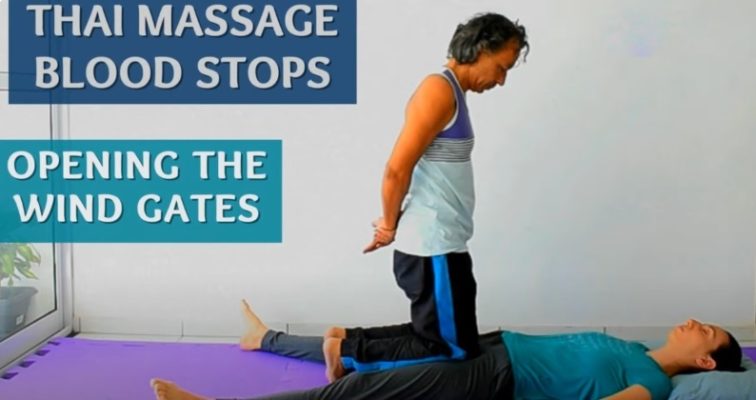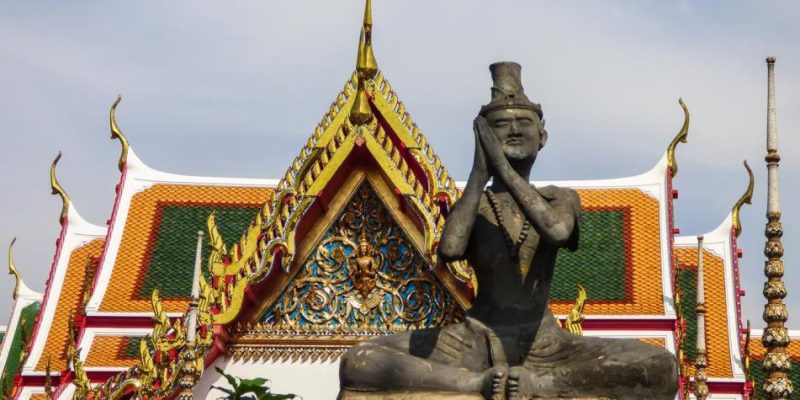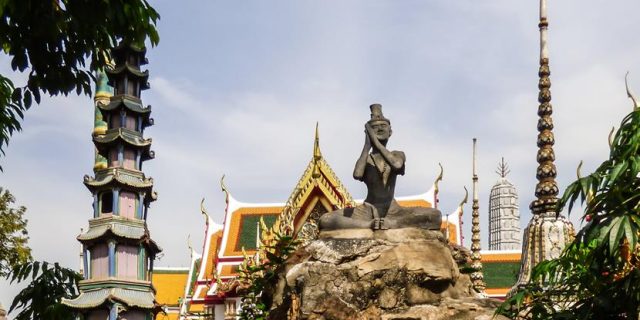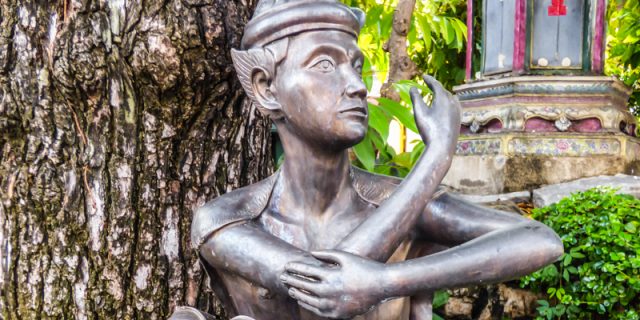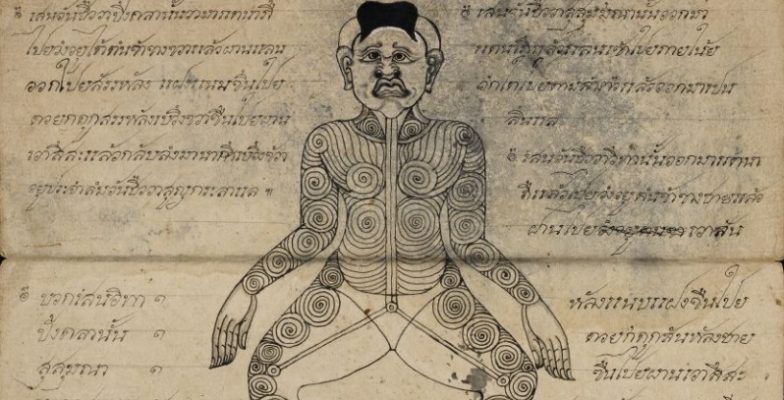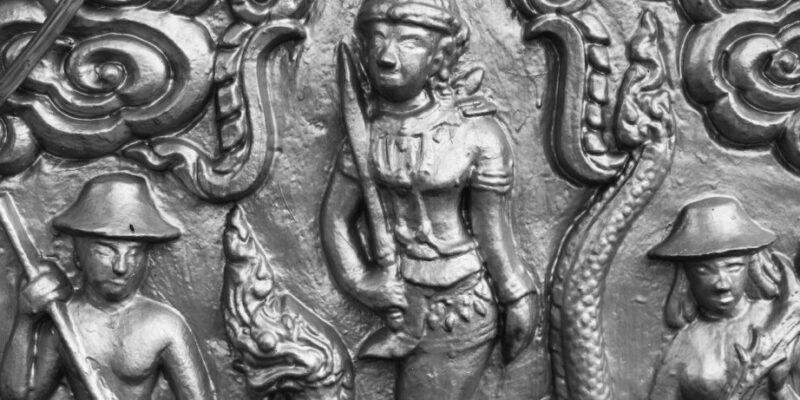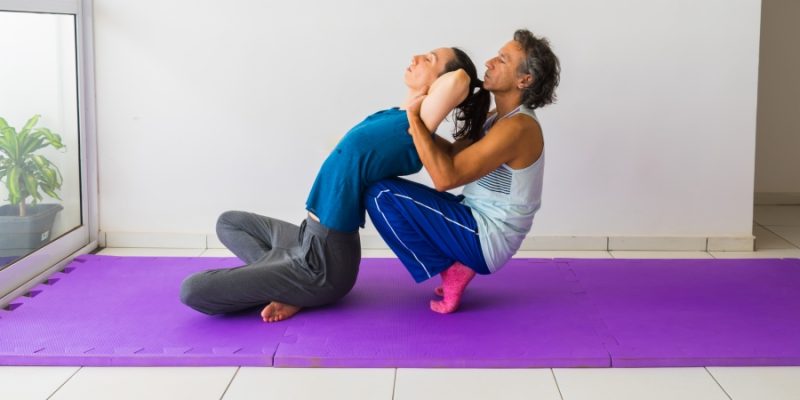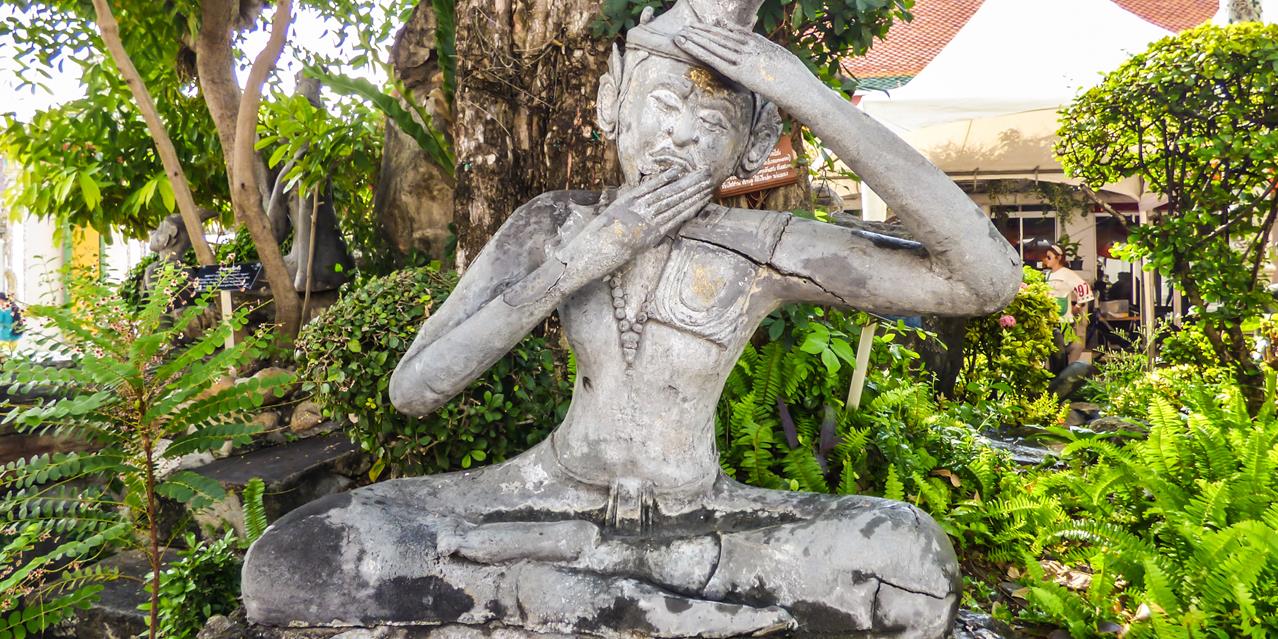
A few days ago, I visited the Wat Po Massage School website and was confronted with a bold, big red special announcement on the homepage with the following statement (don’t take offense at the Thai Style English):
Dear all students and all supported customer, The school ‘s management would like to thank for all your supported and interested for all these years. We are trying to stay the same price and standard for more than 10 years. After carefully revise our courses and curriculums , we must raise the prices of the courses on the 1st of October 2018 as follow:
By the way, the statement above is now removed from the homepage and the new prices are visible on the various individual course description pages.
There are a few things to be remarked here, but let’s first start with an “inconsistency” in the announcement. The Watpo massage school did not “stay the same price and standard for more than 10 years.” You see, I took their 5-day General Thai Massage course in 2010 and the price was 8,500 BAHT (you can find this confirmed by various other web-sources). Let’s be clear: the price was 9,500 BAHT before the recent October 2018 price raise to 12,000 BAHT, so there had been a price raise already in the last 10 years.
The reasons for the price raise?
Now, there’s nothing against a price raise when it’s justified. It’s clear that Thailand has become much more expensive in the last 10 years. This is due to higher salaries, inflation, and a higher cost of living, among other things. It happens everywhere, and comes with the game of capitalism, increased material wealth, and so-called “development.”

Thailand today is a middle-income country, and has successfully risen out of the poverty they where still at just after the second world war. It has been one of the fastest growing economies in the world, for decades. However, today, it seems that Thailand got stuck in the so-called Middle-Income Trap: too rich to be able to provide low-cost labor (and low prices), not rich, advanced and educated enough to compete and earn on higher levels of economic activity, such as services, high-tech, innovation, and so on.
Remaining too long in the Middle-Income stage however, gives the Middle-Income Slap-In-The-Face. The want, the urge, let’s say — the greed for more and higher salaries and income grows, due to alluring advertising in the media, the neighbor who has more than you, loans and credits, and of course the reality of politicians, businessmen and industrialists who practice the game of money-grabbing.
In Thailand, the number one tourist destination of the world, the tourist has become one of the obvious targets and victims of greed. There’s however a parallel development that needs to be explained: in recent years, tourist influx from other, richer (or very rich) Asian countries or Asian individuals has augmented explosively. Tourists from China, Japan, Singapore, Russia, Taiwan, India, and South-Korea flock the country. Very soon there will be coming more Asian tourists to Thailand than visitors from the West.
The thing is that Asian tourists don’t really bargain. They are in Thailand for rather short stays (generally 1 week to max 2 weeks) and they spend money generously. The Thai have understood this and have raised their prices dramatically, especially for services. Westerners however tend to negotiate, but anyone from the West who has been in Thailand regularly in the last 10 years must have noticed that it’s much harder to bargain over prices nowadays — if you don’t buy it, well, the next Japanese, Chinese, or South-Korean customer certainly will!
Let’s dive a bit deeper
Okay, let’s get back to the Wat Pho Thai Massage School. A few things are clear: over the years the influx of Asian students has increased dramatically. Higher prices are not frowned upon, but simply payed without any complaints.
It’s probably why Wat Po will most likely get away with their recent price raise. Was it that the quality of the Thai Massage courses had increased or would increase subsequently, well, I wouldn’t dare to say anything more.
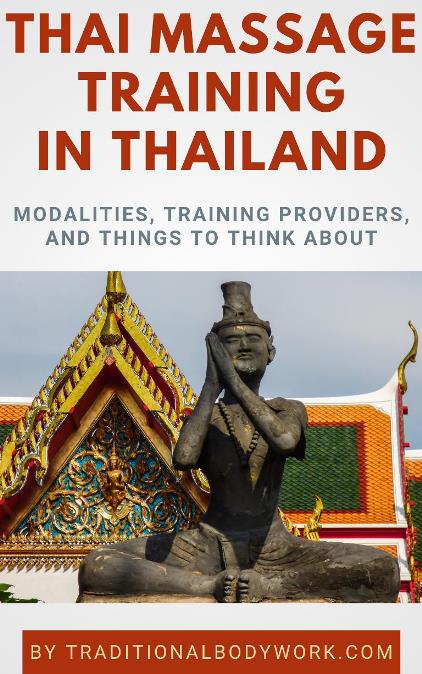
But on the contrary, especially for the mass-volume Thai Massage courses, like for instance the General Thai Massage Course and the Foot Massage Course, the quality is in fact deplorable. Wat Po simply still thrives on its old name and fame, but the place has become a massage-course-factory with little real motivation and application of the teachers. The basic training programs are very standard, robot-like, questions asked are not appreciated (the teachers barely speak English and couldn’t anyway). Sure, of course, they are very friendly and the Thai smile is provided generously — as always.
What we see at Wat Po are Thai Massage teachers who count the money in their wallets, make calls or type messages on their smart-phones, watch YouTube, chat with each other, come and go as they please, and … really, I’m not exaggerating. Look it up on the Internet, many ex-students have written about this, yes, also recently. And I, I know this first hand, because I’ve studied there. Of course, surely, this will not be the case for all teachers.
But what’s going on then? Well, I give the Watpo teachers the benefit of the doubt. Maybe they are underpaid, maybe they are treated like sh*t by the management, maybe they see being at Watpo as a stepping stone for their later careers only, maybe they are fed-up themselves by the factory-like, money-grabbing style they are forced to work with and in. I don’t know.
What I do know is that a sudden price raise of the most popular 5-day General Thai Massage Course from 9,500 BAHT to 12,000 BAHT (announced one week before the actual price raise) is exaggerated, if not an outrage. It’s a lot. It’s from EUR 254,- to EUR 321,- or in US Dollars from US$ 293,- to US$ 371,-. That’s not nothing, but in fact … for nothing. I doubt if the quality of the courses and the motivation of teachers will change in the foreseeable future, nor the factory-style, cramped, and overfull training environment.
What bothers me even more in Watpo’s “Special Announcement” is the reasoning: “After carefully revise our courses and curriculums, we must raise the prices of the courses…” That says us just absolutely nothing! It’s a hoax. No grounds are given … at all.
I would be able to accept the absurd price raise if they would at least had said: we will work with less students in a room, the courses will be longer and better, we will raise the quality of the teachings, we will have better materials, a better building, or even … we need to pay our teachers better!” But none of that! As for the reasons, your guess is as good as mine!

What hits me also, is that many excellent Thai Massage beginner courses (in fact beginner courses far more complete than those of Watpo) cost much less. The Sunshine Massage School in Chiang Mai, as an example, has a 10 day (60 hour) beginner course for Thai Baht 9,900.- (approx. EUR 265,- or US$ 306,-), that is twice as long, for less. Loi Kroh Massage, another renowned Thai Massage School in Chiang Mai charges 7,000 BAHT for its 5-day (30 hours) Basic Thai Massage Course. How is this possible?
And I can go on: the Thai Massage Beginner Course 5 days (38 hours) costs 7,700 BAHT at the well-known and excellent TTC Spa School (branches in Chiang Mai and Bangkok). Or, the prestigious Chiva-Som Academy that charges 14,000 BAHT for 3 weeks (90 hours). And let’s be clear, all schools mentioned had regular step-by-step, fair and justified price raises in the last 10 years. Recently, I’ve heard nobody in Thailand complaining about “earning too little.”
Finally
Now tell me, what is wrong with the Watpo price-raise-picture? Is this need or greed? And if it is need, who’s need, and if greed, who’s greed? Again, your guess is as good as mine. And the Watpo management (read: the private Chetawan Group) will most likely never ever uncover the veil of its incomprehensible reasoning.
The only thing I can hope for is that this action of the Watpo Massage School in Bangkok will not spread to the rest of the Thai Massage schools and trainers in Thailand. That would be a shame, a disgrace, unprecedented, and absolutely unneeded. It would be unveiled greed.
Finally, a partial list of Watpo’s sudden, steep price raise of October 1st (2018), listing some of the most popular Watpo training courses.
▶ 9,500 to 12,000 THB
Foot Massage (30 hrs)
▶ 7,500 to 10,500 THB
Oil Massage & Aromatherapy (30 hrs)
▶ 7,500 to 10,500 THB
Advanced Medical Thai Massage (60 hrs)
▶ 14,000 to 17,500 THB

